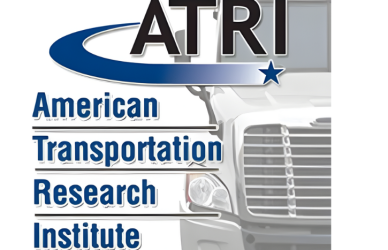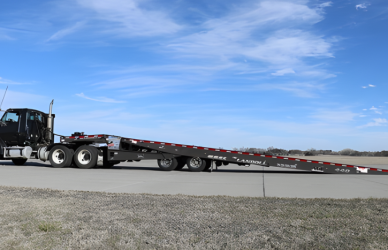The Coalition for Independent Truckers launched its new ambassador program aimed at training and recruiting independent drivers to serve as industry representatives. These ambassadors will educate lawmakers and other stakeholders about the importance of independent owner-operators and the opportunities their jobs provide. The group seeks to counter state legislative efforts aimed at classifying independent truckers as motor carrier employees.
Ambassadors will not only speak at state-level events, but may also attend conferences, post on social media, pen op-eds for relevant publications, and potentially even address Congress. With this initiative, independent truckers are taking a stand for their rights and recognition in the trucking industry.
Led by former Texas Trucking Association CEO, Bill Webb, this group has identified 14 ambassadors across the country who will receive training to become representatives of the coalition. Despite facing setbacks due to the pandemic, the group has raised $100,000 through donations to help reimburse ambassadors for their time off the road. Stay tuned for updates on this exciting new effort to support the trucking industry.
“They will be financially reimbursed for days that they would otherwise be working,” he said. “It’s just not realistic to ask them to not drive for an entire day and not be compensated for it.”
Webb compares the ambassador program to America’s Road Team, a program that enlists truck drivers to showcase the trucking industry at events across the country. The coalition is receiving support from both ATA and the Truckload Carriers Association, who are assisting in identifying potential ambassadors. Training efforts will also be aided by some ATA state trucking associations.
“We’ve been working with Bill Webb and his team to put together training materials they can use as part of their effort,” said Nathan Mehrens, ATA’s vice president for workforce policy. “Independent contracting is a Tier One priority for ATA, so we’re doing an ‘all-of-the above’ approach to protecting that business model. This is just one of our activities in that space.”
“The independent contractor business model is foundational — not just to the trucking industry, it’s foundational to America, in my opinion,” said Hugh Ekberg, CEO of Cedar Rapids, Iowa-based CRST, The Transportation Solution, and chairman of ATA’s independent contractor committee. “We’re focusing in certain states where we see there are the biggest problems, but also the biggest opportunity.”
“The endgame is always going to be to protect the independent contractor model as one that has proven itself time and time again for the truckload industry,” added David Heller, TCA’s senior vice president of safety and government affairs. “The majority of truckload carriers at one point or another started with a basic model and said, ‘Hey, let me buy one truck and grow from there.’”
“Legislatures really want to hear from grassroots people that are most affected by a law,” noted Greg Feary, managing partner of the Indianapolis-based transportation law firm of Scopelitis, Garvin, Light, Hanson & Feary. “It’s very compelling when you can have owner-operators or independent contractors attend a legislative hearing answering questions and explaining how legislation would affect them.”
As a member of the steering committee for the coalition, Feary has been monitoring and analyzing case law, statutes, and proposed bills that could impact the independent contractor business model. In addition, he identifies states that are pushing for legislation that will benefit contractors.
Feary has identified Illinois and Minnesota as particularly troublesome states for the coalition, and the group will be closely monitoring their actions from the beginning.
“We’re trying to prepare them for whatever the audience is,” Webb said.
“We’re still dealing with the fallout from AB 5 in California, and will be for some time,” Webb said of the state’s effort that upended the model for drivers there. “That was the gasoline that lit the fire.”
Source: Transport Topics











